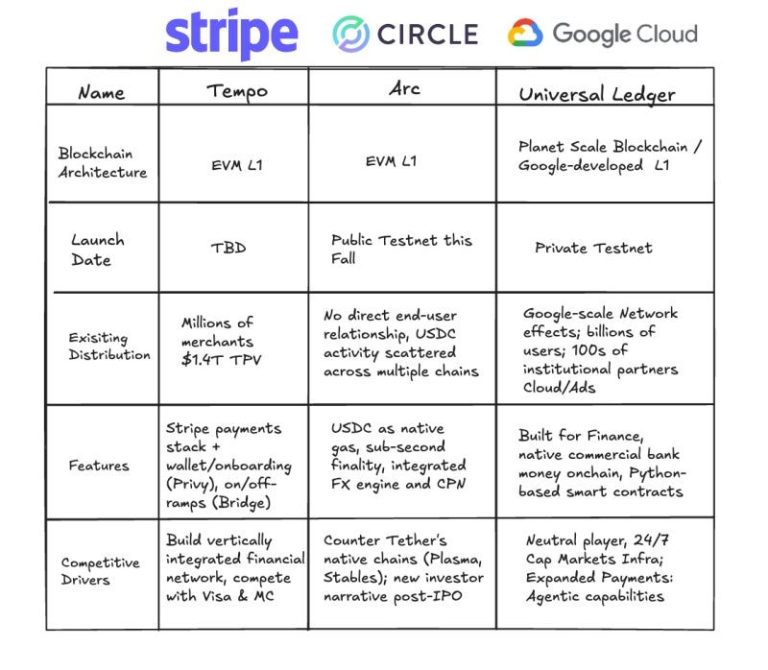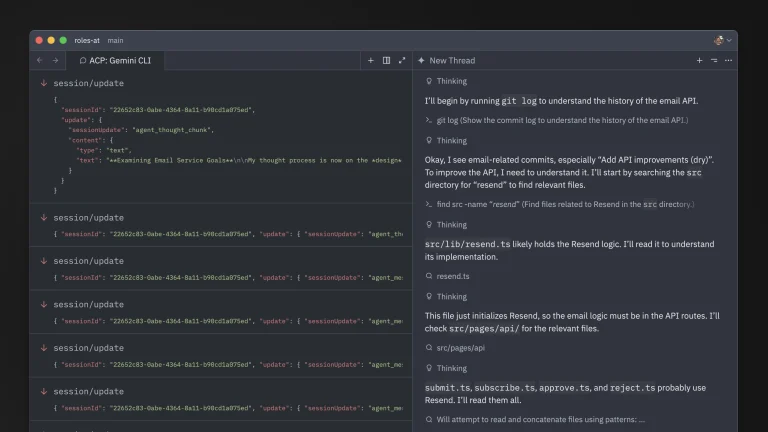
Google has invested in a project that does not yet exist, but one day may replicate the power of the stars. The tech giant has announced an agreement to purchase 200 megawatts of energy from Commonwealth Fusion Systems—an amount sufficient to power approximately 200,000 American homes. However, there’s a caveat: this fusion reactor remains in the planning stages.
Google’s partner, a Massachusetts-based company, intends to build its first commercial fusion reactor in Virginia by the early 2030s. The exact date when the facility will begin producing energy is still uncertain, but both parties are confident that this milestone will be reached within that timeframe.
Beyond merely signing a future energy supply contract, Google has also invested additional funds into the development of an experimental reactor known as SPARC. This is a tokamak—a doughnut-shaped device that uses powerful magnets and superheated plasma to fuse atoms. The outcome is a form of energy akin to that of the sun, brought down to Earth.
The precise amount invested remains undisclosed, but both companies describe the deal as a significant step toward making fusion energy a commercial reality. Google stated that it is leveraging its financial strength to signal to the market that there is already demand for clean energy from the future.
Commonwealth is currently constructing a demonstration reactor in Massachusetts. If successful, it could generate ten million times more energy than coal or gas—without emitting greenhouse gases. Its fuel will be hydrogen extracted from seawater and tritium derived from lithium. Unlike conventional nuclear power, this process produces no radioactive waste.
The main challenge is that humanity has yet to build a reactor that produces more energy than it consumes. But for companies like Google, fusion represents the ideal solution. Their data centers and neural networks demand a stable energy supply—something that wind turbines and solar panels cannot consistently provide. This is why Google is also investing in geothermal sources and small modular reactors.
Commonwealth CEO Bob Mumgaard called the agreement the largest ever for the future supply of fusion energy. He noted that thanks to Google’s investment, the company can now advance both the SPARC demonstration reactor and the commercial ARC facility in Virginia simultaneously, rather than sequentially.
According to him, this significantly accelerates progress—perhaps bringing the future closer than it appears.






